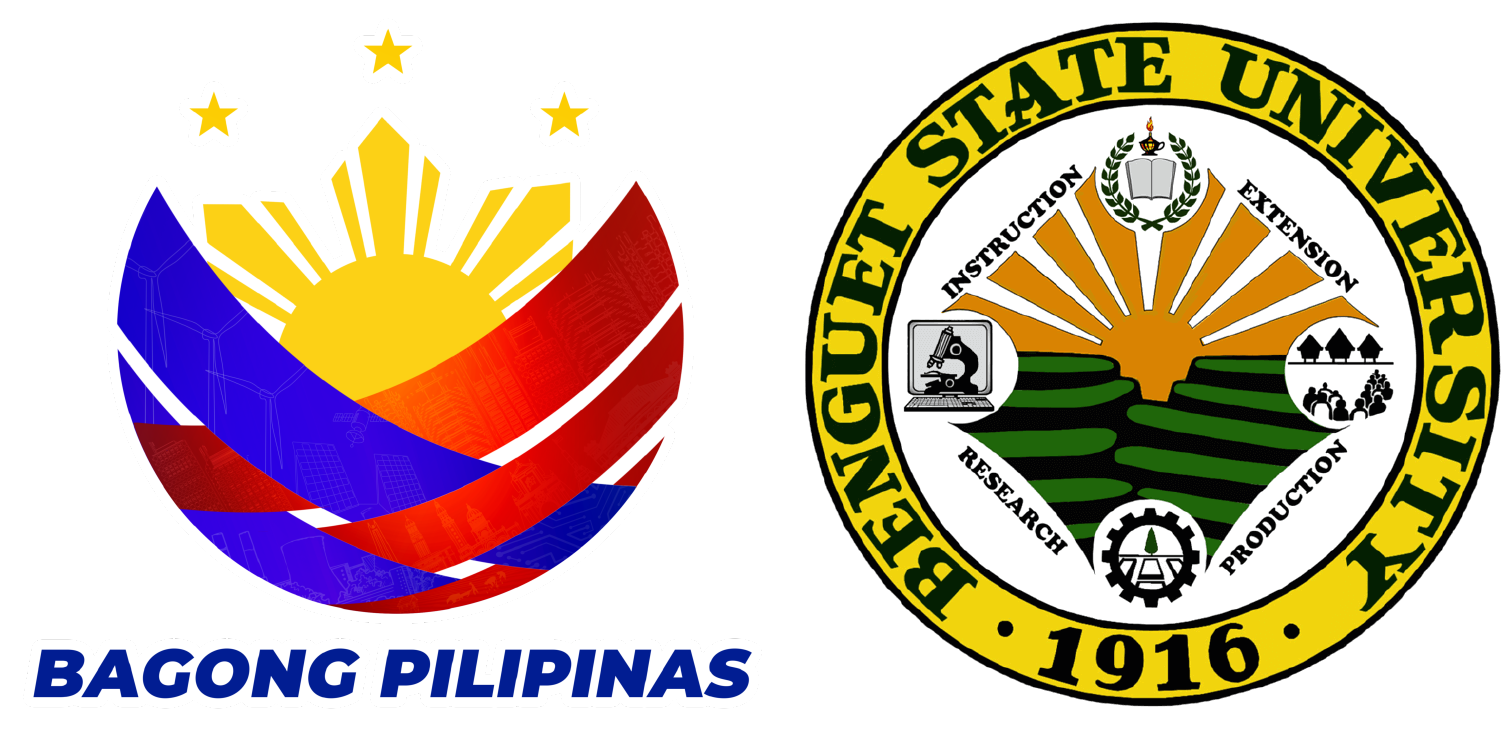ACADEMIC PROGRAMS

ENERGY CONSERVATION
BSU is conscious of the need for energy conservation. A responsible plan of action has been engaged through Administrative Memorandum No. 010, S. 2018, calling for cost-cutting measures and systems improvement.
The adoption of energy-saving measures has been instituted or have been reviewed and enhanced in the case of previous programs prior to the memorandum.
- Transition to Energy-efficient Technologies
Measures to save on energy include the continuous monitoring and changing of existing lighting systems into more efficient technologies. LED and other naturallighting designs are being considered. - Less is more
As in the water sustainability program, the “less is more in BSU” awareness program is being adopted for energy conservation.

transportation policy
- CARLESS THURSDAY
The need for efficient land use and responsible parking practices are well defined in the BSU The BLISTT (Baguio City, La Trinidad, Itogon, Tuba and Tublay) area is designated as an Airshed via DENR Administrative Order DAO 2003-04. The transportation program of BSU is enforced on this basis as well as Memorandum Circular No. 01, S. 2019 declaring the first Thursday of every month as carless day. This program envisions the reduction of carbon footprint and mitigation of climate change. - PARKING POLICY
The need for efficient land use and responsible parking practices are well defined in the BSU parking policy. Land use is a consideration for sustainable development and the regulation for parking and use by owners of cars have been carefully considered as part of the transportation program of BSU. - The university is a ” walkeable” university in which students, employees and community members can walk from one building to another. The campus area also has a covered walkway for safety. Bicycles and motorcycles can also be used inside the university.

water conservation
Sustainability and Conservation Program
Water is a requirement for life. It is the most essential element for ecosystems to thrive. Humans have founded their civilizations alongside water sources and have since channeled the development of culture, economy and society. The role of water from organismal survival to the homeostasis of the biosphere should not only be overemphasized but protected, nurtured, and secured for incoming generations. Protecting and managing this finite resource ensures that society and environment can co-exist under the banner of sustainable development.
Today, water security is threatened by the impacts of climate change and irresponsible human activities. The challenge to curb these impacts rely on our urgent and dedicated commitment to act and be involved.
Benguet State University has taken on this challenge.

WASTE MANAGEMENT
- Solid waste and hazardous waste management has been a key focus of the BSU sustainability development program. BSU has developed its solid waste management program in line with the Ecological Solid Waste Management Act of the Philippines (RA 9003) and the La Trinidad municipal ordinance no. 53, s. 1998.






